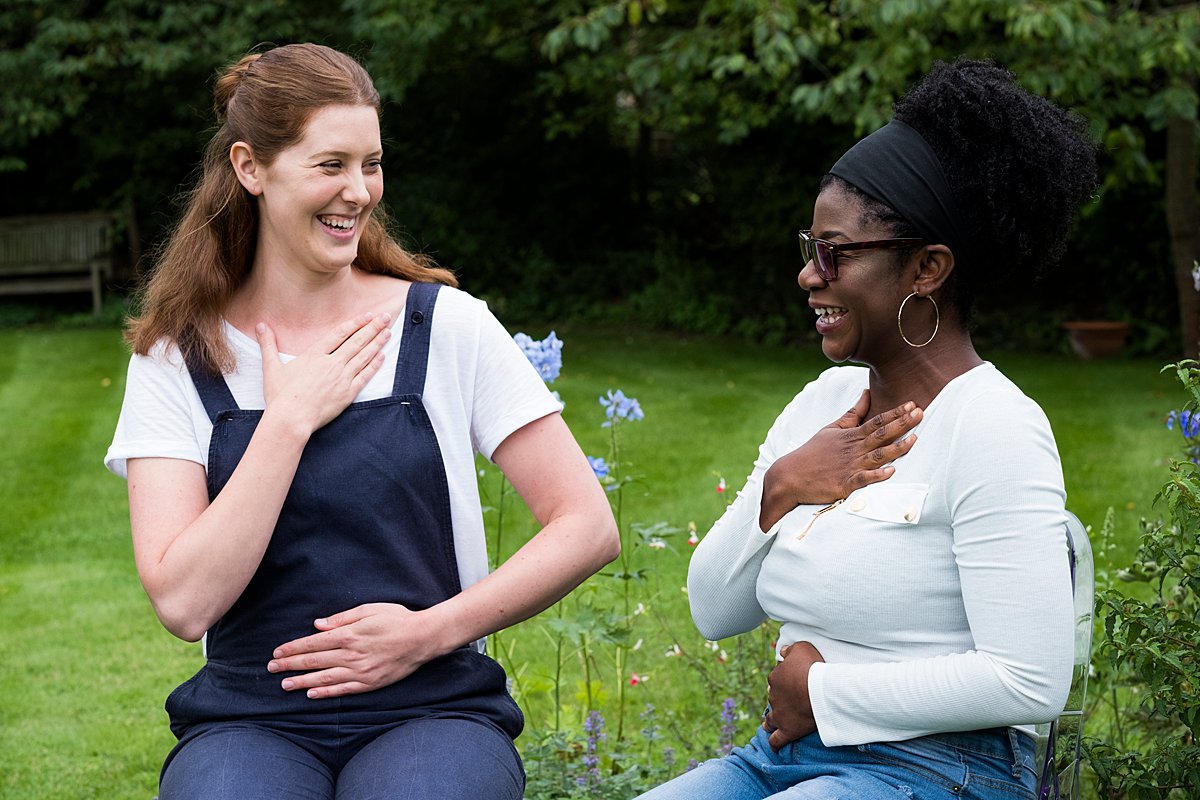We learn from our experiences. At the beginning of life to about 7 years old we do not possess logic and reasoning, we learn from identifying and associating (experiences).
Some of our experiences were positive and some were negative. All these experiences taught us what to do and what not to do in order to keep us safe in the world. And it forms the core of our unconscious mind. It is what I’m going to call our life story.
That makes our unconscious exceptionally powerful. Why? First, because it can drive unwanted behavior in ourselves. Second, the unconscious can shield us from seeing problems in our behavior or that of others – even when issues are hitting us over the head!
Because the unconscious is largely inaccessible, we might think we have no agency or power over it. Yet we do.
In dating relationships, what it requires is making ourselves aware of – and staying alert for – red flags that can warn us of problems or prospective dangers. Once we’re aware of a red flag (or a trusted friend brings one to our attention), we need to investigate it carefully so we can figure out what unconscious belief is being triggered – and what we need to do to make a fully realized, conscious decision on how to move forward.
Let me illustrate that with an example.*
Stephanie is dating Matt, who has many good qualities. Topping the list is that he’s kind, cute and smart. Sadly, however, he does not want kids or marriage – which are precisely what Stephanie wants and needs. Even though she’s absolutely clear about that, she’s having a tough time breaking up with Matt so she can concentrate on finding someone who also wants marriage and family.
Why is that?
Her relationship with Matt is known, and to the unconscious mind equals safe. Leaving Matt to find a relationship that better suits her is an unknown and life threatening. That is why Stephanie is staying in this relationship despite consciously knowing she wants more.
Let me tell a story to illustrate how the unconscious and conscious minds work.
Think about our mind as a ship. The captain is the conscious mind and the crew the unconscious mind. The captain can give the orders but if the crew does not want that to happen, it will not happen. You need both the captain and the crew to work together to get what we want in life.
Why? Because the unconscious minds job is too keep us safe and it does not like change!
Here’s where things really get interesting.
Did you know that the unconscious mind makes up 90% of your brain. It’s true! Which means your conscious mind constitutes a measly 10%.
So what does all this have to do with Stephanie’s difficulty breaking up with Matt?
Everything!
Stephanie’s parents divorced when she was young and her father was largely unavailable. Not surprisingly, she has an extremely strong “unconscious association” to the idea of significant people not being available. Even though it’s not in her best interest and doesn’t make logical sense, it makes perfect sense to her unconscious. It’s almost like a heat-seeking missile. To her, life partner = not available.
Which is why Matt seems to Stephanie like her ideal match.
Her unconscious is simply seeking out the life story imprinted on her mind from her childhood…what her unconscious believes to be true.
Leaving Matt to find a relationship that will give her what she consciously wants (marriage and children) actually “feels” foreign and life-threatening. That’s why her unconscious mind is resisting her conscious efforts to break up with him.
Stephanie’s story illustrates why making the unconscious, conscious is so vital in relationships.
That’s what relationship coaching can help you with by using tools that gently work with the unconscious mind to reveal the patterns of our “life story” with out threatening our minds existence or safety.
By gently becoming aware of the “life stories” our minds hold on to, we can learn effective tools for bypassing them. Tools like meditation, guided imagery, and EFT tapping (Emotional Freedom Technique) which let us slip in through the back door to understand our unconscious mind and bring it into our conscious selves.
When you are in a relaxed state you’re highly suggestible to allow new associations to be created. This state allows 90 % of mind participation without the unconscious mind feeling threatened creating a foundation for positive change.
“Conscious.” That’s the way you want to enter – or continue – a dating relationship. Fully conscious of your motivations and behavior and fully aware of who your partner is, shortcomings and all.
The process of becoming aware of our unconscious patterns can be difficult and takes time but the process will bring your captain the conscious mind and you’re crew the unconscious mind into alignment and you will experience tons of benefits as a result!
One of the most helpful exercises I give my relationship-coaching clients is the “Conscious Dating – Red Flags Checklist.” Before I list some of the red flags, here’s an important caution:
If you find yourself strongly identifying with or living out any of the red flags, no self judgement…please. We don’t contemplate these ideas to punish ourselves. After all, it’s not fair to berate ourselves for something we’re not even aware of! So if you see yourself or someone you’re dating in any of these red flags, be compassionate. They can help put you on the path to a healthier relationship._
Here are some red flags that indicate your dating life is being driven by your unconscious mind:
* You continue seeing someone not because of who they are, but rather because you see so much “potential”
* You focus on an important quality you want (generosity), yet ignore evidence of one of your non-negotiables (drug use)
* We accept, make excuses for, or avoid acknowledging unacceptable behavior because we think it’s what we deserve or can change it.
* We continue to date someone we don’t particularly like – or even respect
* The person you’re dating is still pining for a past relationship
* We may believe (or others may tell us) that we want too much in a mate or are “too picky.”
There’s another subset of red flags that could be viewed as negative, but in some situations, they could also be the beginning of a healthy dialogue about what each partner wants and need in a relationship, as well as the personal changes one is willing to make. When the following are problematic is when the person you are dating is hostile about or unwilling to discuss your concerns.
Recognize any of these in your partner?
* Seems pessimistic and negative about things that matter to you
* Talks a lot, but doesn’t listen particularly well
* Is very quiet or withdrawn
* Is judgmental toward themselves or others
No one’s perfect. In fact, we may even see ourselves in some of these “red flags.” If so, that’s our opportunity. The sooner we can identify and get honest about our behavior, the sooner we have the opportunity to work on changing it.
I’d be remiss if I didn’t point out red flags that are clear warning signs that should not be ignored. Remember…people are typically on their best behavior early in relationships. Behaviors like these tend to worsen, not improve, over time – and they can be dangerous:
* Your date shows signs of wanting to control aspects of your life
* He or she reacts to frustration with rage or blame
* There is active substance addiction or addictive behavior
* Your seeing someone who is married or otherwise unable to commit
If you would like to take the complete “Conscious Dating – Red Flags Checklist,” email me and I’ll send it to you.* It only takes about 10-15 minutes to complete – and you can measure your results. It can help you decide whether to proceed – or not – with the person you’re dating.
Happy Dating!









